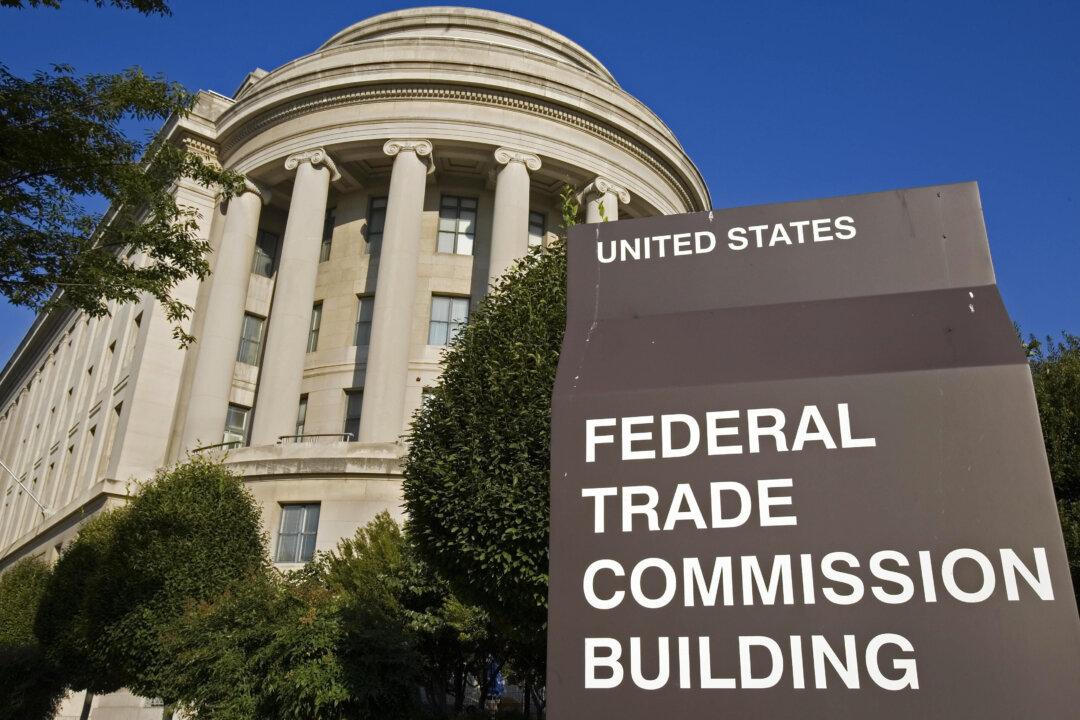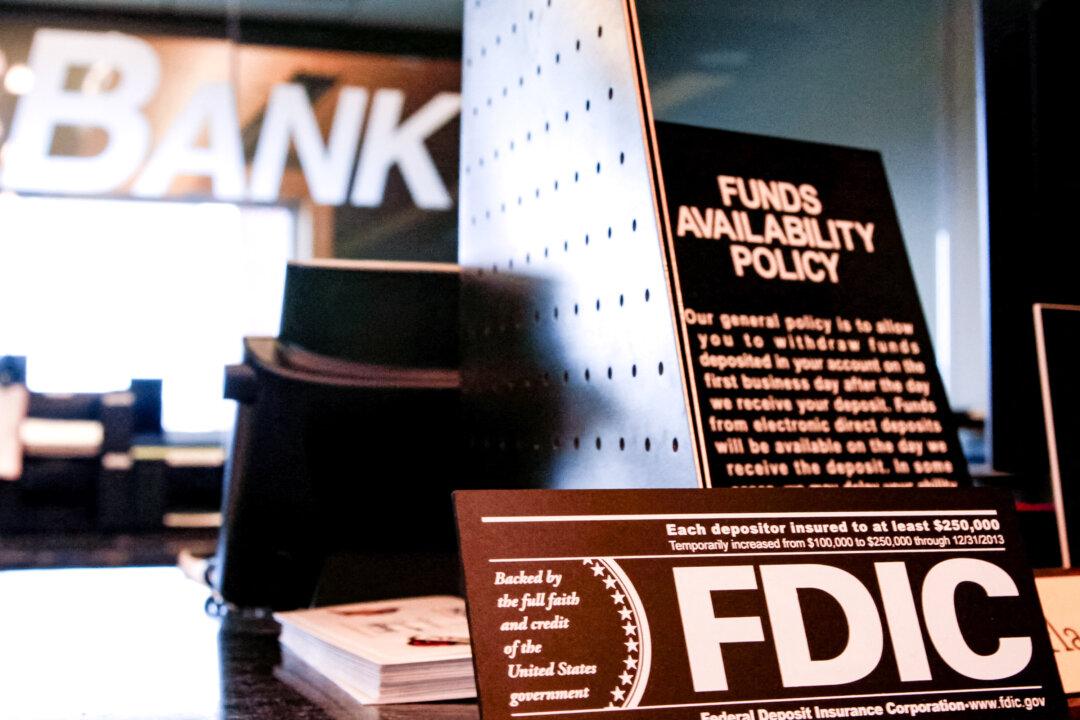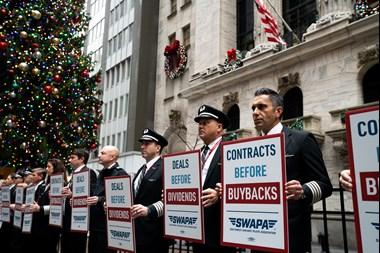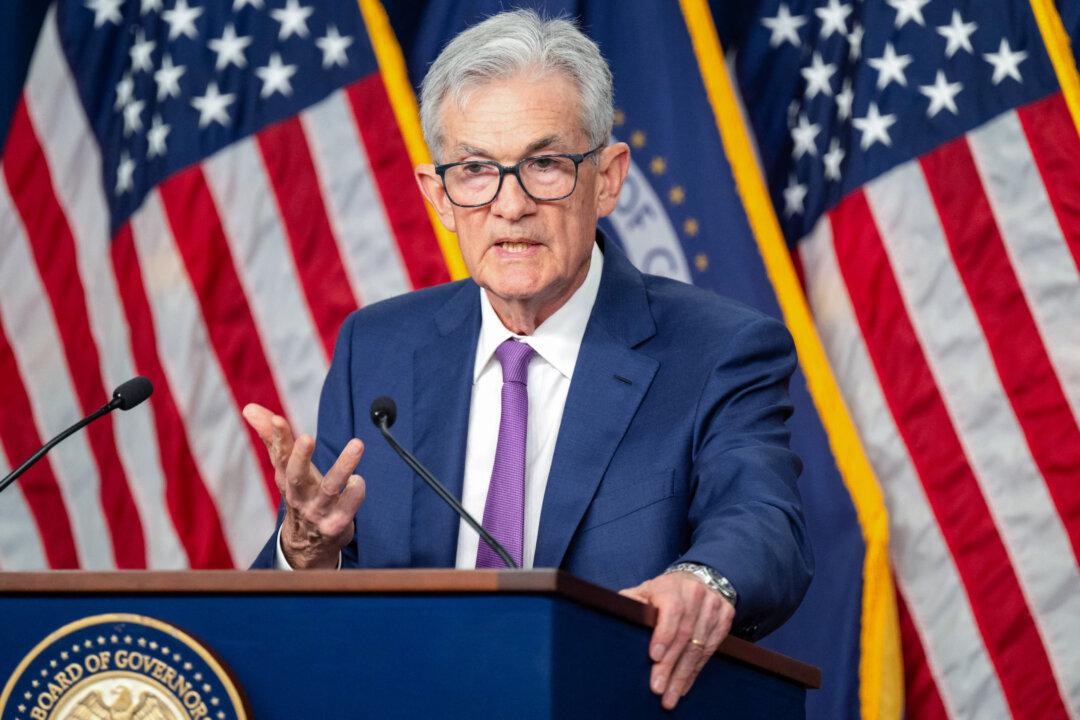Commentary
The promise of franchise businesses is that any schmuck with the money to buy one, the grit to do it, and the extraordinary work ethic required to run a business can be successful—and even become wealthy beyond their wildest dreams. No highfalutin Ivy League college degree (let alone an MBA!) to succeed in business; not even a high school diploma. All you need is a license from a franchisor and an operating manual.





